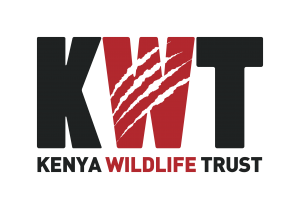Theme: “Recovering key species for ecosystem restoration”
In 2021, the Kenyan government, through the Kenya Wildlife Service (KWS) and Wildlife Research & Training Institute (WRTI) teams, carried out a nationwide census to establish the status of the country’s wildlife resources. What the data revealed was concerning, particularly for predator species.
KWS discovered that only about 2,589 lions roamed our national parks and reserves. Even though there has been an improvement in their numbers for the past couple of years (thanks, in part, to tireless conservation efforts by organisations such as The Kenya Wildlife Trust), the low numbers are still of concern. In 1900, 1 million lions ruled over the plains and jungles of Africa. Today, that number is less than 20,000. Last year’s census also registered dismally low numbers for Cheetahs (1,160), and Wild Dogs (865).
Lions, Cheetahs, Leopards are classified as vulnerable while wild dogs are critically endangered (IUCN Red List). If radical intervention measures are not put in place soon, predator species risk going extinct in a few years. A marked decline in predator numbers will result in rapid changes that cannot easily be absorbed without ongoing damage to the flora and fauna of the ecosystem.
Within the theme of this year’s World Wildlife Day: Recovering key species for ecosystem restoration, KWT brings into focus the conservation status of predator species in Kenya. By controlling the distribution, abundance, and diversity of their prey, predators keep our eco-systems in touch by regulating the lower species in the food chain. As keystone species, predators are integral to the survival of ecosystems.
Through interdisciplinary scientific research, KWT has identified climate change, loss of habitat, and human encroachment as the major reasons for the decline of predator species. The foundation of KWT’s approach is conservation through data-driven biodiversity knowledge — an approach best illustrated by our flagship project, the Mara Predator Conservation Programme. We do this using education, science, community sensitization, and providing evidence for actionable conservation actions.
Protecting key species such as Lions, Cheetahs, Wild Dogs, and Leopards is hard work that is only possible thanks to the generosity of our donors and funders. As we celebrate World Wildlife Day, you too can choose to get involved by donating to Kenya Wildlife Trust in order to support the Mara Predator Conservation Programme.











